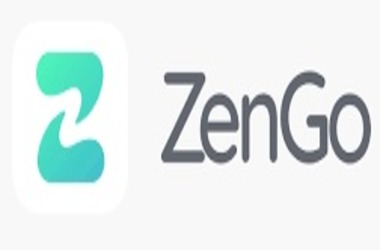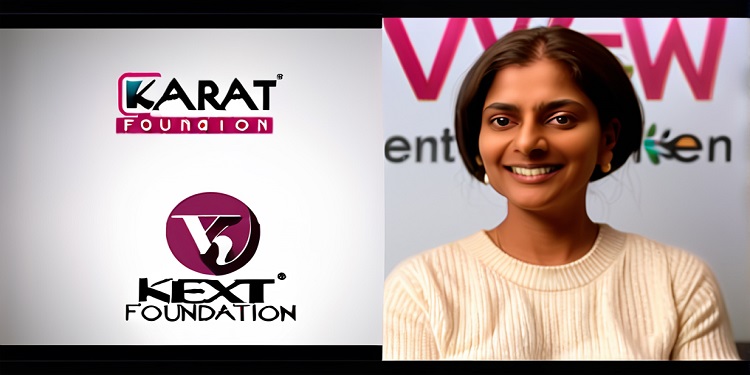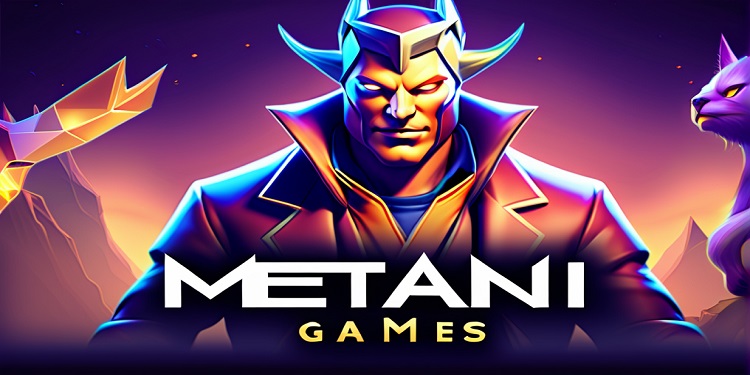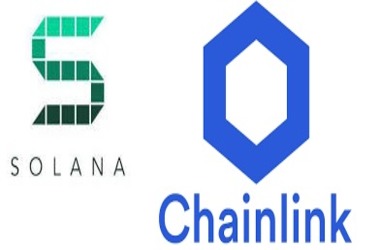 ZenGo, a popular crypto wallet provider, has created a testnet to illustrate a critical security vulnerability existing in several decentralized app (DApp) wallets.
ZenGo, a popular crypto wallet provider, has created a testnet to illustrate a critical security vulnerability existing in several decentralized app (DApp) wallets.
In this regard, ZenGo released a document underlining that when validating a particular trade, several DApp wallets initially provide access to the entire bunch of a specific token held in the linked wallet:
The wallet provider said:
“As a result, if the DApp is vulnerable to a security issue or is rogue to begin with, attackers can abuse these highly excessive privileges to steal ALL of the DApp’s users holdings (in the approved tokens) without any further user consent. They can do so at any point in the future, even if the user no longer uses the DApp.”
ZenGo stated that “almost every DApp” shows the susceptibility, causing users to inadvertently provide total control over their holdings to DApp smart contracts. To illustrate the bug, ZenGo has unveiled a public testnet consisting of a “rogue” token exchanging DApp named baDAPProve.
When a user validates a trade involving a particular number of FRT tokens on the testnet, baDAPProve will remove all tokens in the users’ FRT wallet, stressing the threats linked with the weakness. ZenGo is presently building a software aimed to resolve the security problem.
In spite of identifying the bug years before, ZenGo trusts that wallet providers have done little to guarantee that users are well-informed of the security threats linked with allowing DApps to gain control their wallets.
The firm points out that commonly used wallets such as Imtoken, Opera and Trust wallet hardly provides any kind of warning about the security threat.
Nevertheless, Trust wallet has clarified that it will overhaul their wallet after ZenGo got in touch with them.
ZenGo discovered that Brave and Metamask wallets offer users with sophisticated settings that permit them to select the amount that a DApp is able to gain control of, while Coinbase issues a warning to clients stressing the risks.
ZenGo also discovered that the smart contract is able to gain control over the tokens later on, based on the earlier issued permission, even if a user has stopped using the DApp.
While ZenGo acknowledges that some safety adjustments “might have been acceptable in the era when users were scarce and highly technical,” the blockchain focused firm contends that the rising acceptance of decentralized finance covenants have made security upgrades absolutely necessary as it lures a rising number of technically unqualified users.








